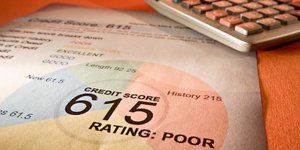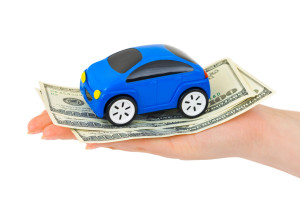 Today’s top story: Credit score drop? How to diagnose why and what to do next. Also in the news: Put off debt payments to start saving now, going contactless as a way to pay safer, and many unemployed people aren’t aware of all the relief they may qualify for during the pandemic.
Today’s top story: Credit score drop? How to diagnose why and what to do next. Also in the news: Put off debt payments to start saving now, going contactless as a way to pay safer, and many unemployed people aren’t aware of all the relief they may qualify for during the pandemic.
Credit Score Drop? How to Diagnose Why, and What to Do Next
If you got a payment modification and saw a score drop, it’s tempting to think they’re related. They may not be.
Put Off Debt Payments to Start Saving Now
In uncertain times, it makes sense to prioritize building a cash reserve over paying down debt balances.
Looking for Safer Ways to Pay? Go Contactless
Contactless payments like mobile wallets, P2P apps and tap-to-pay cards are easy to use and help lessen risk of contagion.
Many unemployed people aren’t aware of all the relief they may qualify for during the pandemic
Take a look at what’s available.
 Today’s top story: How to create a retirement ‘paycheck’. Also in the news: Handy money rules of thumb for a quick financial checkup, how one woman ditched nearly $60K of debt in less than a year, and the retirement savings blind spot you don’t realize you have.
Today’s top story: How to create a retirement ‘paycheck’. Also in the news: Handy money rules of thumb for a quick financial checkup, how one woman ditched nearly $60K of debt in less than a year, and the retirement savings blind spot you don’t realize you have. Today’s top story: When leasing a car is the more frugal option. Also in the news: How to actually achieve your debt payoff resolution, 5 basic features you should expect from your bank, and holiday debt could take years to pay off.
Today’s top story: When leasing a car is the more frugal option. Also in the news: How to actually achieve your debt payoff resolution, 5 basic features you should expect from your bank, and holiday debt could take years to pay off.